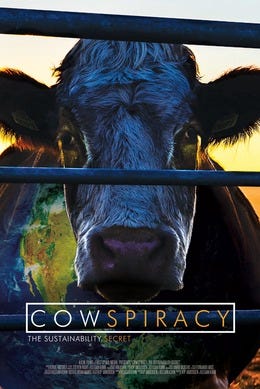Jamie in Chile
Forum Legend
- Joined
- Jan 3, 2016
- Reaction score
- 1,994
- Age
- 45
- Lifestyle
- Vegetarian
I think we have reached a point where we have the beginning of a movement, not an end result. We are shifting from
"ugh isn´t factory farming horrible, perhaps it´s worth as individuals not doing this, and perhaps one day society may move away from this"
to a more serious movement to actually shut it down.
The end result - which would be the end of factory farming is still probably decades away. But something is beginning.
The Financial Times has an interesting article today
For some reason, sometimes when I click on it, it´s behind a paywall, and other times I can read it all. I am not sure what is going on there. Below is copy and paste.
Climate campaigners turn their focus from fossil fuels to meat Investors pressed to price in financial risks to agribusiness as a result of global warming
"Climate campaigners have spent years pushing for defunding and divestment from fossil fuel companies. Now, as their arguments gain traction, they are taking aim at the emissions-heavy meat and dairy industries. “At some point those companies will no longer generate any revenue due to ecological limits. The financial markets aren’t pricing in those risks,” said Mark Campanale, founder of Carbon Tracker, the think-tank that popularised the notion that global warming would lead to unviable “stranded assets” in the hydrocarbon sector.
"ugh isn´t factory farming horrible, perhaps it´s worth as individuals not doing this, and perhaps one day society may move away from this"
to a more serious movement to actually shut it down.
The end result - which would be the end of factory farming is still probably decades away. But something is beginning.
The Financial Times has an interesting article today
For some reason, sometimes when I click on it, it´s behind a paywall, and other times I can read it all. I am not sure what is going on there. Below is copy and paste.
Climate campaigners turn their focus from fossil fuels to meat Investors pressed to price in financial risks to agribusiness as a result of global warming
"Climate campaigners have spent years pushing for defunding and divestment from fossil fuel companies. Now, as their arguments gain traction, they are taking aim at the emissions-heavy meat and dairy industries. “At some point those companies will no longer generate any revenue due to ecological limits. The financial markets aren’t pricing in those risks,” said Mark Campanale, founder of Carbon Tracker, the think-tank that popularised the notion that global warming would lead to unviable “stranded assets” in the hydrocarbon sector.


